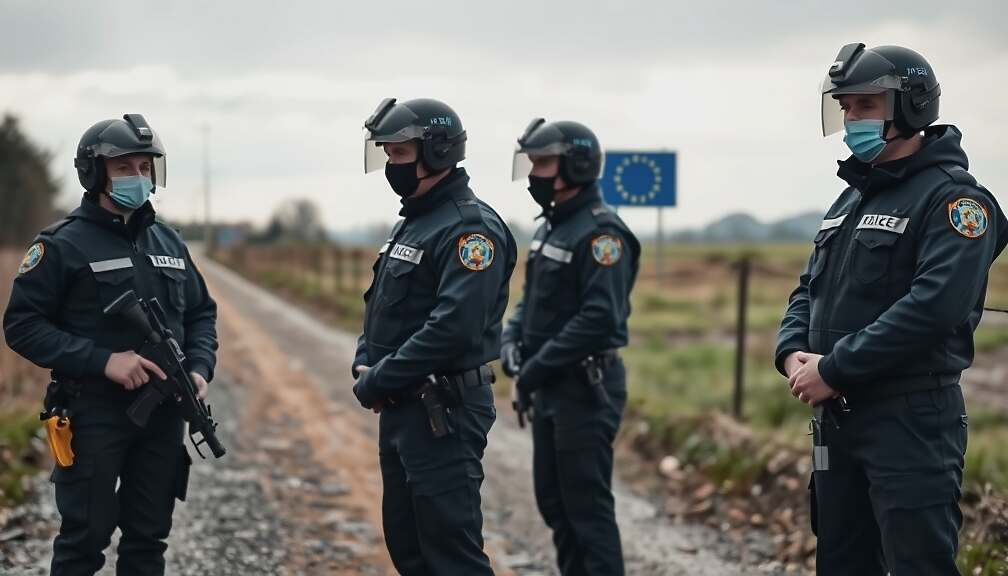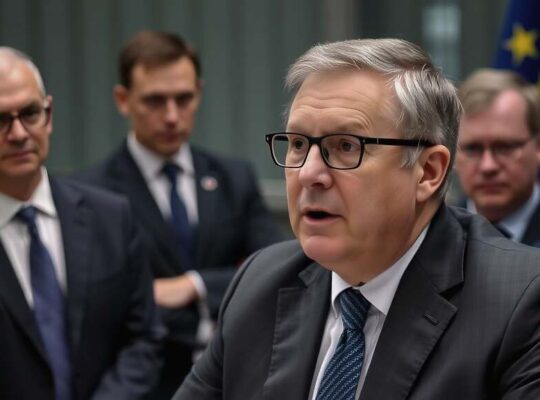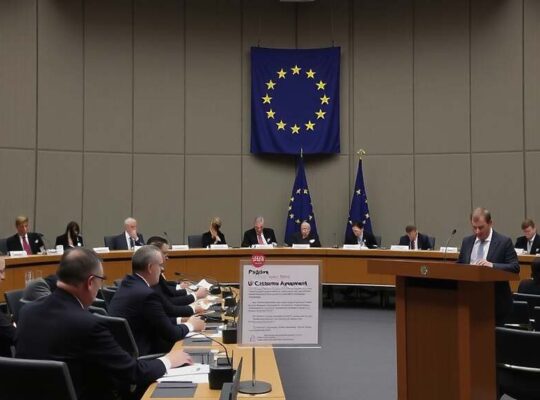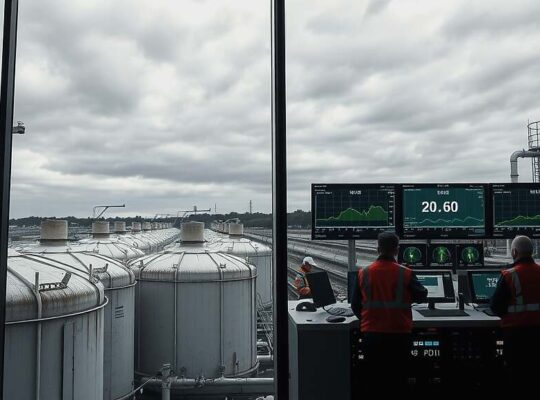European officials are advocating for a strengthened, coordinated approach to migration management, with proposals including the deployment of national police forces to EU external borders and a phased reduction of internal border controls.
Manfred Weber, Chairman of the European People’s Party and Deputy Chairman of the CSU, stated that a comprehensive sharing of resources, including the potential reassignment of police officers currently managing internal borders, could significantly bolster security at the EU’s periphery. He emphasized that addressing irregular migration effectively necessitates a shift from national strategies to a unified European solution, pointing to the recently agreed Migration Pact as a key component. This pact includes provisions for conducting asylum procedures in third countries, modeled after arrangements already in place with nations like Albania.
A priority is the swift implementation of standardized asylum procedures across Europe. Alongside this, officials are pushing for enhanced cooperation with Mediterranean states to dismantle human trafficking networks. This includes plans for a substantial expansion of Frontex, the European Border and Coast Guard Agency, aiming for a force of at least 30,000 personnel, including specialized staff from member states like Germany.
Discussions regarding the future of border rejections are ongoing. While the introduction of the Common European Asylum System (CEAS) in summer 2026 represents a significant step, some German politicians believe border rejections may be necessary for an indefinite period. One politician suggested the system’s introduction would not automatically resolve existing issues.
Further, the need for demonstrably reduced levels of irregular migration – cited as a key consideration for the public – has emerged. One official argued that a meaningful reduction in migration, potentially below 100,000 arrivals, will be required to be perceived by citizens across various aspects of daily life. This implicitly raises the possibility of implementing quotas or limitations on asylum seeker arrivals.
It’s important to note the terminology surrounding migration is often used interchangeably, with terms like “irregular migration” “undocumented migration” and “illegal migration” frequently overlapping. Many individuals seeking asylum initially enter a country without prior authorization, but are later able to formally request asylum under national and international legal frameworks. Upon approval of their requests, they may then be recognized as legally residing in the country.












